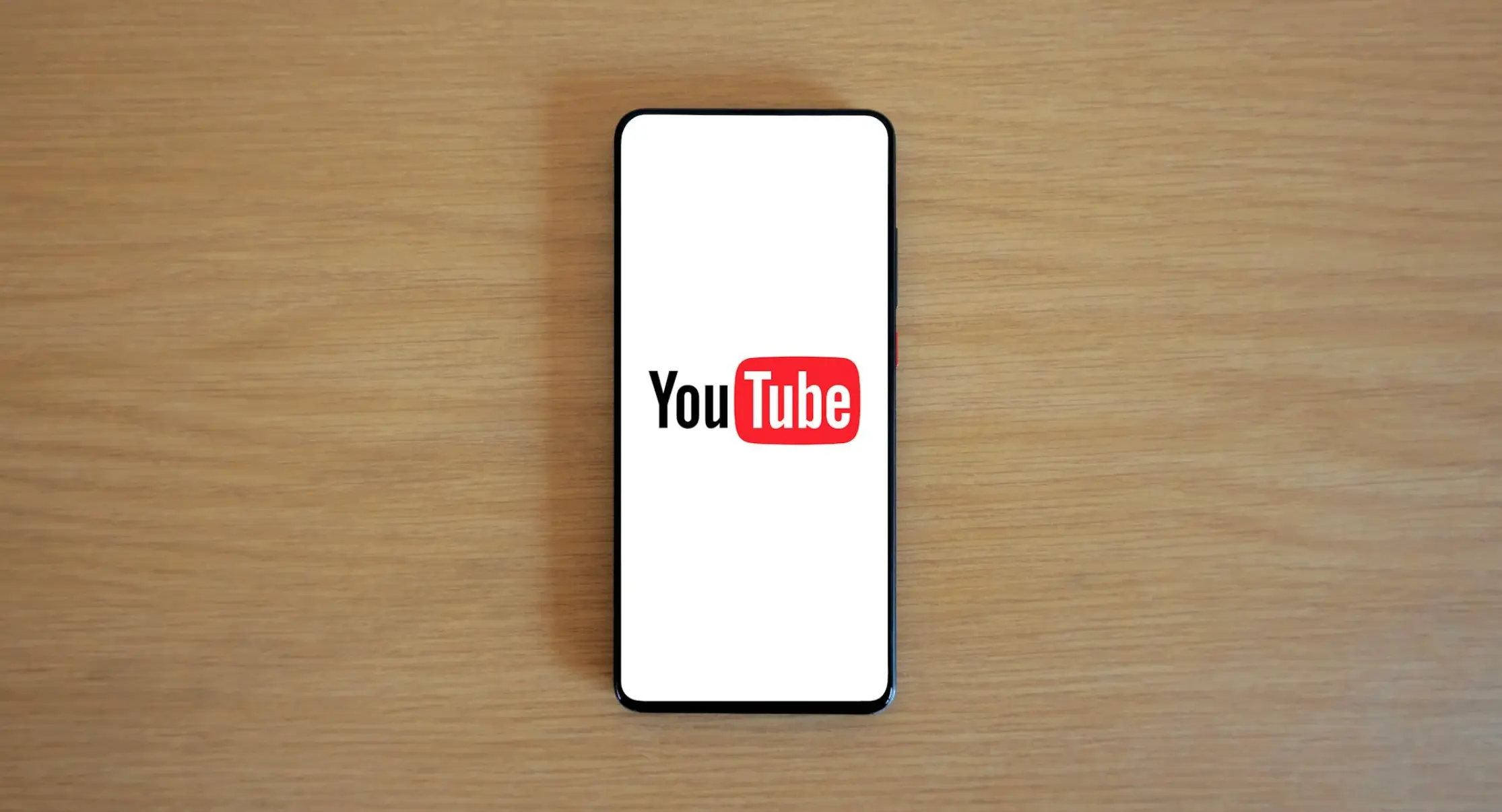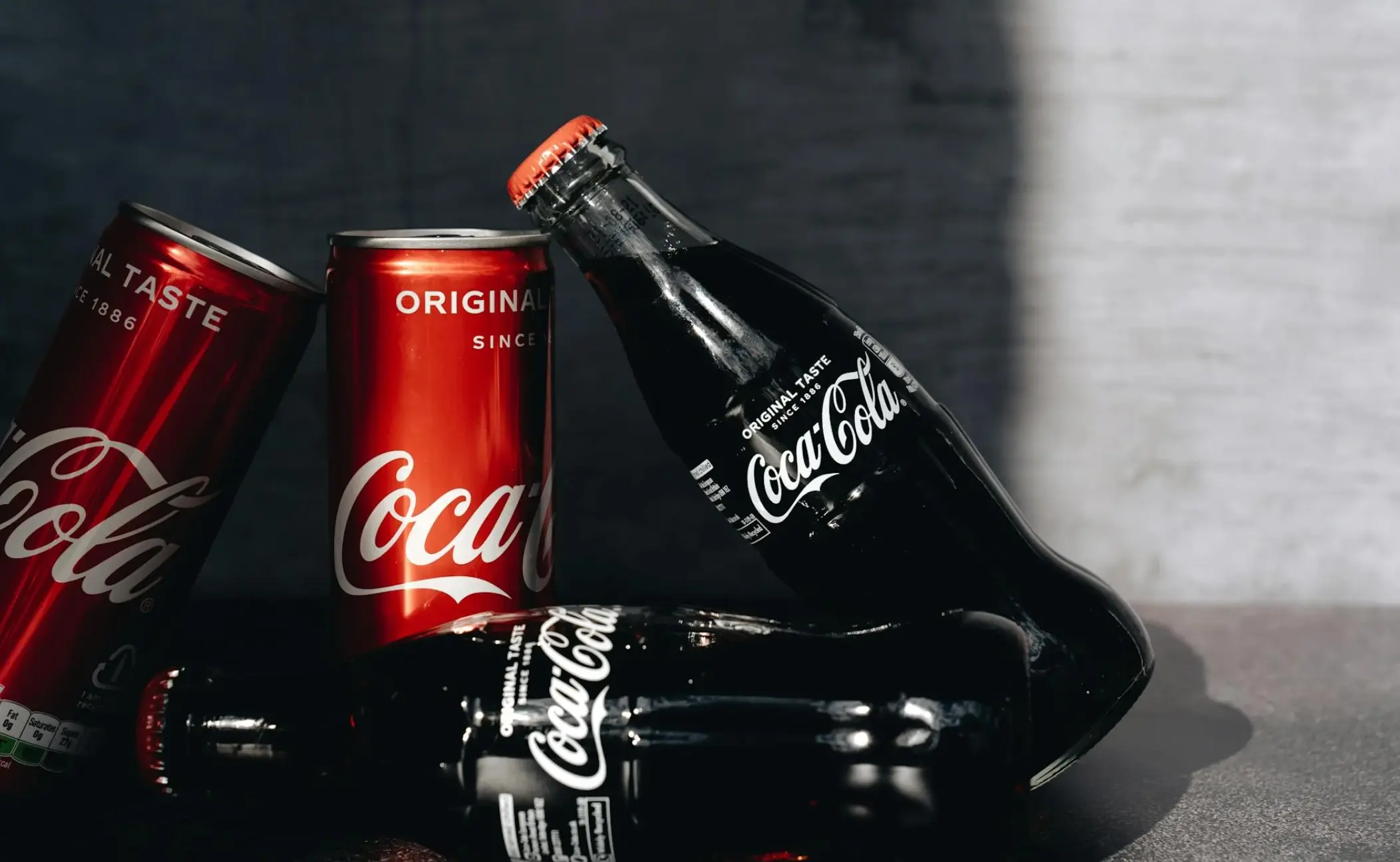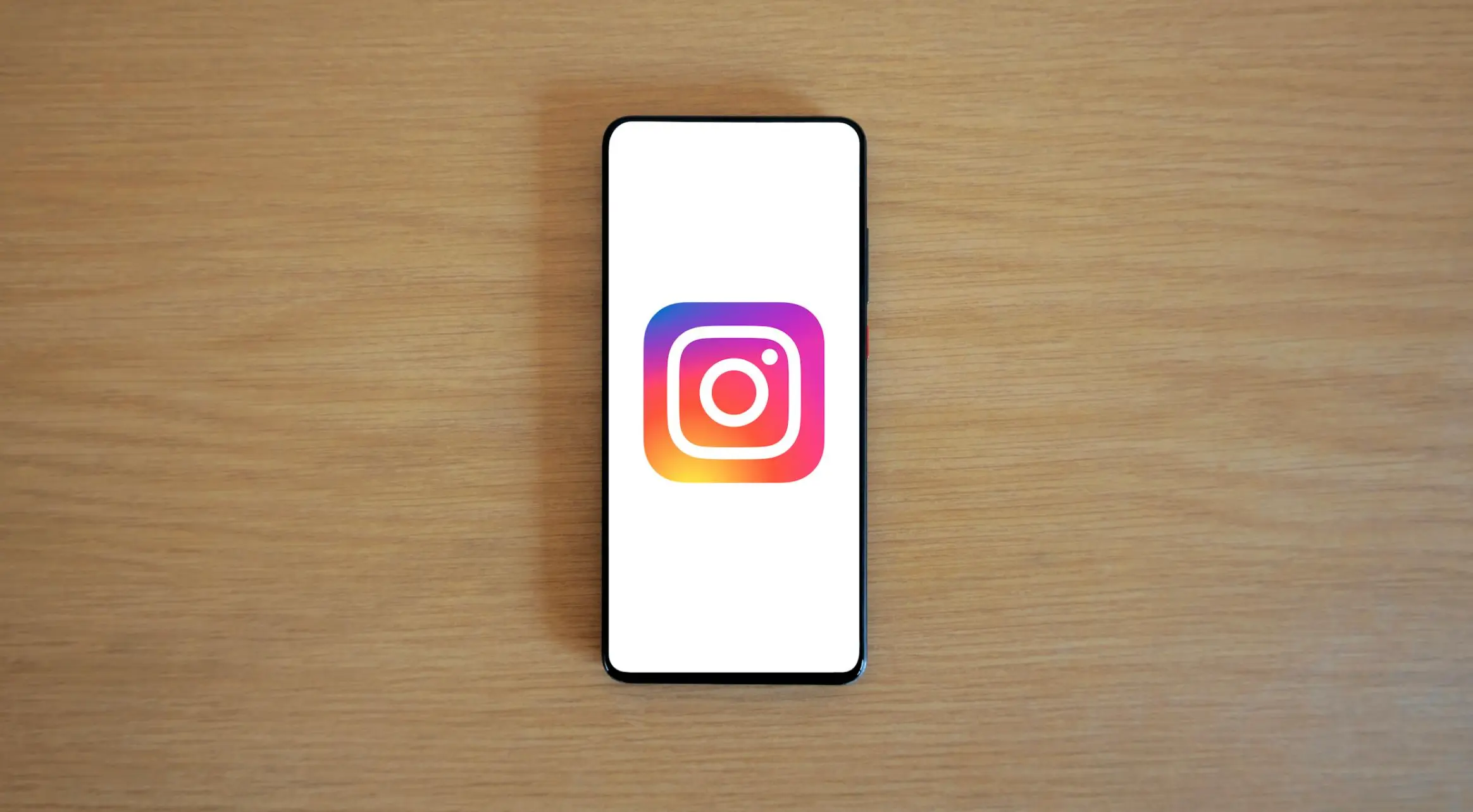The Marketing Strategy of Hyundai: How Reliability Drives Customer Loyalty
Updated on
Published on

Hyundai has become one of the world’s favorite car brands by focusing on what customers need and by delivering affordable, quality cars that people can trust. They’ve done this through clever marketing, serious investments in technology, and a knack for connecting with customers in every corner of the globe. Here’s a breakdown of the key strategies that keep Hyundai ahead of the curve and make it a name people feel good about.
2024 Achievements:
For Hyundai to target global sales of 4.24 million units in 2024; it consolidated it’s operating profit margin of 8-9%.
In 2024, Hyundai’s revenue reached C$169.49 Billion, solidifying its growth and presence in the automobile landscape.
1. Building a Reliable Brand That People Trust
Back in the day, Hyundai had a reputation as a budget-friendly brand, but people questioned the quality of its cars. Hyundai recognized this and took serious steps to change how people felt about them. They made big improvements in vehicle quality, reliability, and customer experience, and over time, Hyundai went from “cheap” to “quality with value.”
Shifting the Brand Image: Hyundai focused on creating cars with high-quality materials and tech at an affordable price.
Consistency Matters: Hyundai keeps its brand identity the same across all countries while allowing local teams to tweak messaging to fit local tastes.
Smart Sponsorships: Hyundai sponsors global events like the FIFA World Cup, the Super Bowl, and the Olympics. This helps people recognize the brand worldwide and builds trust.
With these efforts, Hyundai has managed to earn a positive reputation, offering quality people feel good about.
2. Leading with Innovation and Tech that Matter
Hyundai has a clear vision: they want to be the leaders in eco-friendly cars and smart car technology. To do that, they’ve been putting their money and resources into innovation.
Green Cars: Hyundai launched the IONIQ line and Kona Electric to attract customers who want eco-friendly cars. These cars are affordable and pack a lot of the latest tech.
Staying Smart: Hyundai cars come with features like driver-assistance, touch-screen infotainment systems, and BlueLink, an app that lets you control certain car features from your phone.
Investing in the Future: Hyundai is making strides in autonomous driving and hydrogen-powered cars, aiming to be leaders in these areas. Their hydrogen SUV, the NEXO, is a big part of this push.
By focusing on the tech and green car space, Hyundai attracts buyers who want to drive something innovative and future-ready.

3. Putting the Customer First
Hyundai listens to what customers want and makes changes to keep them happy. They make it easy for people to buy and own their cars without the usual worries.
Generous Warranty: Hyundai was one of the first to offer a 10-year, 100,000-mile warranty in the U.S. It showed customers they stood behind their products, helping boost trust.
No-Stress Maintenance: Hyundai has great after-sales service, like clear pricing for repairs and easy-to-understand maintenance plans.
Hyundai Assurance: When the financial crisis hit in 2008, Hyundai launched the Hyundai Assurance program allowing customers to return their cars if they lost their job. It was a bold move that put customer peace of mind first.
All these initiatives are designed to put customers at ease, showing that Hyundai is there for the long haul.
4. Tailoring Marketing to Each Region
Hyundai knows what works in one country might not work in another, so they adapt their approach to connect with local buyers.
Region-Specific Models: Hyundai builds models that meet the needs of specific regions. In India, they offer the Creta, a compact SUV that fits the roads and customer preferences there, while in the U.S., they focus more on larger SUVs and crossovers.
Localized Advertising: Hyundai’s ad campaigns are adjusted for each culture. In India, they use Bollywood celebrities to reach fans. In the U.S., they focus on family values and safety.
Pricing Adjustments: Hyundai sets prices based on each region’s economy. They offer affordable models with plenty of features in developing countries, while in wealthier markets, they highlight more advanced and luxurious features.
This regional focus allows Hyundai to connect with people on a deeper level, building loyalty across markets.
5. Staying Engaged with Digital Marketing
Hyundai connects with its audience through digital channels, reaching more people and keeping its brand relevant for a younger audience.
Social Media Presence: Hyundai is active on Facebook, Instagram, Twitter, and YouTube, where they share product news, customer stories, and updates. Social media is also where Hyundai can handle customer feedback quickly.
E-Commerce and Online Car Buying: Hyundai lets people research, compare, and even reserve cars online, making the process easy for today’s digital shoppers.
Influencer Partnerships: Hyundai collaborates with social media influencers who create relatable content, helping to introduce new models and features to younger audiences.
Through digital marketing, Hyundai engages customers where they already are – online – making the brand feel more accessible and approachable.

6. Working with Other Companies to Keep Improving
Hyundai is big on partnerships. They work with other companies to keep up with technology trends and give their cars a high-tech edge.
Apple CarPlay and Android Auto: Hyundai offers Apple and Google’s in-car tech, which adds connectivity and makes the driving experience more user-friendly.
Partnering with Tech Giants: Hyundai collaborates with companies like Aptiv for self-driving car technology. These partnerships allow Hyundai to develop new technology faster.
Motorsports Sponsorships: Hyundai also participates in motorsports, building a following among racing fans and car enthusiasts who love performance vehicles.
Collaborating with leaders in tech and performance gives Hyundai an edge in innovation, adding value for customers and making the brand more appealing.
7. Expanding into New Areas and Services
Hyundai is not content with sticking to traditional car sales. They’re expanding into new markets and exploring new ways for people to access their cars.
Mobility Services: Hyundai is looking into car-sharing and ride-hailing services, appealing to younger people who may not want to own cars but still want access to one when they need it.
Electric Charging Infrastructure: Hyundai invests in charging stations and other infrastructure to support its electric vehicle lineup, making eco-friendly options more practical for customers.
Growth in Emerging Markets: Hyundai sees a lot of potential in emerging markets, especially in India, Brazil, and Southeast Asia, where car ownership is rising.

These expansions help Hyundai reach new customers and future-proof their brand for the changing car market.
8. Commitment to Community and Sustainability
Hyundai actively supports community and environmental causes. These efforts resonate with customers who value brands that give back.
Giving Back to Communities: Hyundai’s “Hope on Wheels” program has raised millions for pediatric cancer research in the U.S. They also support environmental and educational programs worldwide.
Going Green: Hyundai has committed to reducing its carbon footprint and aims for carbon neutrality by 2045. This goal includes using renewable energy, reducing emissions, and promoting eco-friendly vehicles.
Supporting Communities in Times of Need: Hyundai provides aid during disasters and has supported COVID-19 relief. They’ve also offered free repairs to healthcare workers during the pandemic.
These efforts help Hyundai build goodwill, showing that they care about more than just sales.

Final Thoughts
Hyundai has built a successful, people-first brand by focusing on quality, customer service, and innovation. With targeted regional strategies, strong digital engagement, and a commitment to community and sustainability, Hyundai has established itself as a global leader in the car industry. By staying focused on what customers value and need, Hyundai has built a brand that resonates with people and is here for the long run.









